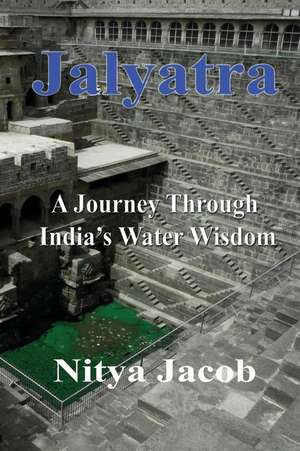Jalyatra, a Journey Through India's Water Wisdom
Autor MR Nitya Jacoben Limba Engleză Paperback
Preț: 66.36 lei
Nou
Puncte Express: 100
Preț estimativ în valută:
12.70€ • 13.26$ • 10.51£
12.70€ • 13.26$ • 10.51£
Carte disponibilă
Livrare economică 14-28 martie
Preluare comenzi: 021 569.72.76
Specificații
ISBN-13: 9781466336599
ISBN-10: 1466336595
Pagini: 208
Dimensiuni: 152 x 229 x 11 mm
Greutate: 0.29 kg
Editura: CreateSpace Independent Publishing Platform
ISBN-10: 1466336595
Pagini: 208
Dimensiuni: 152 x 229 x 11 mm
Greutate: 0.29 kg
Editura: CreateSpace Independent Publishing Platform
